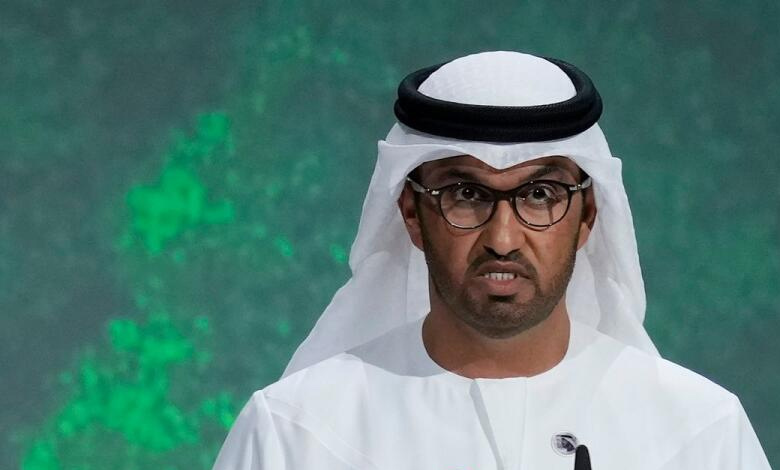Can ‘COP presidencies troika’ help deliver on the ambition needed to tackle climate change?

The UAE COP28 presidency has launched a notable partnership with the hosts of the upcoming climate conferences, Azerbaijan for COP29 and Brazil for COP30, in order to help limit global heating to 1.5 degrees Celsius above pre-industrial levels.
The “COP presidencies troika” seeks to enhance cooperation and keep the spirit of the Dubai 2023 agreement alive, reported The National. The recently concluded conference at Expo City Dubai achieved a number of significant successes, from its first day itself.
On day one, the COP28 Summit marked participants agreeing to operationalise the landmark Loss and Damage Fund to compensate vulnerable countries for brutal consequences of climate change. Eventually, countries acknowledged the need to ‘transition away from fossil fuels’.
Can “COP presidencies troika” keep “mission 1.5C” alive?
Unveiled on Monday, the “troika” aims to ensure the planet escapes the anger of global heating. It came as the ongoing World Government Summit in Dubai heard from COP28 President Dr Sultan Al Jaber and the incoming head of COP29 about lessons learned and the path ahead.
The Dubai summit “delivered a different, ground-breaking COP that culminated in the UAE Consensus … The troika helps ensure we have the collaboration and continuity required to keep the North Star of 1.5 degrees Celsius in sight – from Baku to Belem and beyond.”
The COP29 climate conference in Azerbaijan is expected to focus on finance and how to help get funds to those who need it most on the frontlines of climate change. Desertification and drought could also be highlighted at the summit.
COP30 in Brazil, on the other hand, is likely to mark countries coming with fresh national climate-action plans, called nationally determined contributions (NDCs). Simon Stiell, the UN climate change executive secretary, said the troika would help deliver on the needed ambition.
Have global mean temperatures already exceeded 1.5C limit?
Enhanced collaboration and strong policies are important for “mission 1.5C”. If temperatures cross the critical temperature threshold – as per the 2015 Paris agreement – the lives and health of billions of people could be endangered, scientists believe.
In fact, EU’s Copernicus Climate Change Service recently confirmed 2023 as the hottest year on record. In addition last month, the planet experienced the warmest January ever, highlighting the concerning impacts of climate emissions from anthropogenic activities.
Concerningly, the global mean temperature for February 2023 to January 2024 has also exceeded the 1.5 degrees Celsius limit. But this does not imply a permanent breach of the limit as the Paris deal consider long-term warming over several years.
Read More: Researchers raise alarm as EU’s climate target relies heavily on carbon removal



